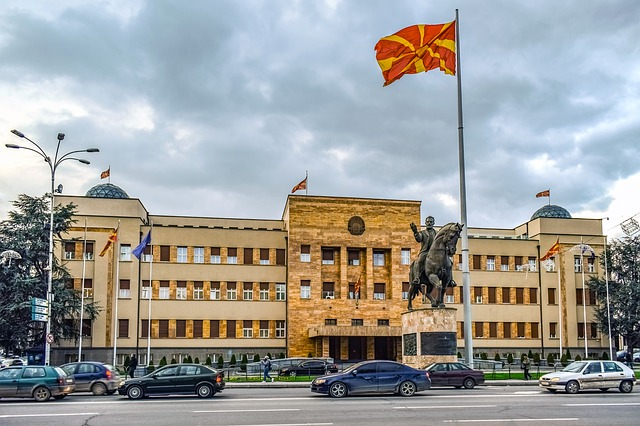May 27, 2022
Despite a better-than-expected recovery from the recession caused by the COVID-19 pandemic, the six Western Balkans countries are confronting a new set of economic problems, according to the latest Western Balkans Regular Economic Report.
After contracting by 3.2 percent in 2020, the region’s GDP grew by 7.4 percent in 2021. This resumption of recovery resulted in significant job creation, which helped to eliminate poverty in all six Western Balkan economies. The Western Balkan employment rate grew to a record high of 45.8% in 2021, owing mostly to the employment recovery in Serbia and Kosovo.
Growth in North Macedonia was fueled by a significant comeback in spending, aided by both fiscal stimulus and pent-up demand, as well as a loosening of movement and travel restrictions. The country’s unemployment rate fell to a new low, and poverty levels began to decline again.
However, the post-pandemic recovery has been slowed by the conflict in Ukraine, which has sent shockwaves throughout the area. In 2022, the Western Balkans region is expected to grow at 3.1 percent, with North Macedonia growing at 2.7 percent.
Source: The World Bank
Legal Notice: The information in this article is intended for information purposes only. It is not intended for professional information purposes specific to a person or an institution. Every institution has different requirements because of its own circumstances even though they bear a resemblance to each other. Consequently, it is your interest to consult on an expert before taking a decision based on information stated in this article and putting into practice. Neither Karen Audit nor related person or institutions are not responsible for any damages or losses that might occur in consequence of the use of the information in this article by private or formal, real or legal person and institutions.






